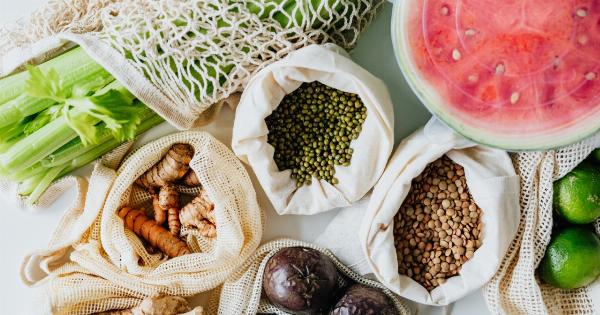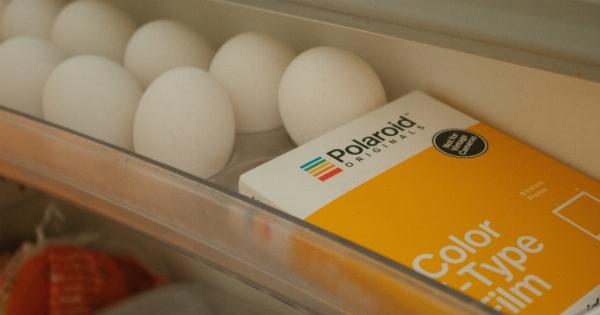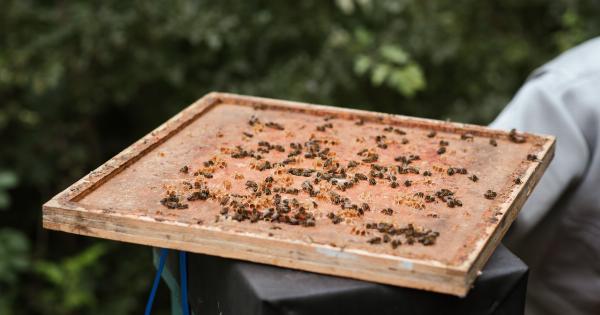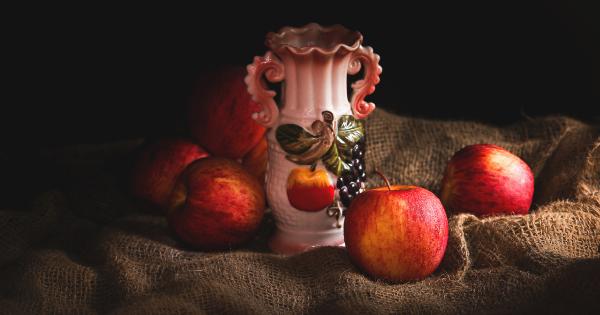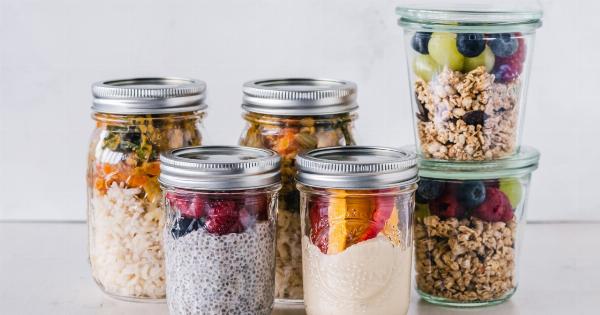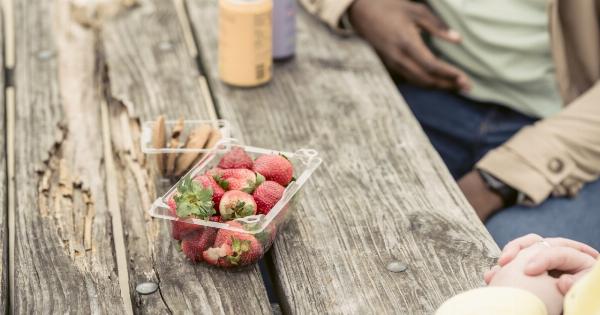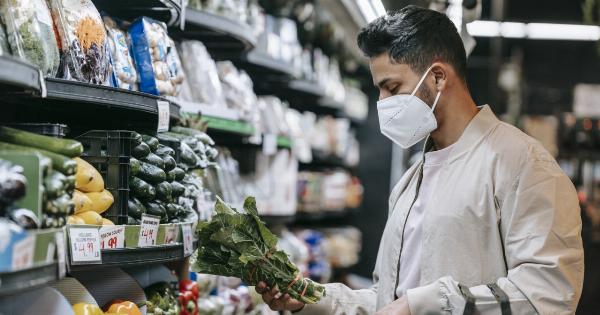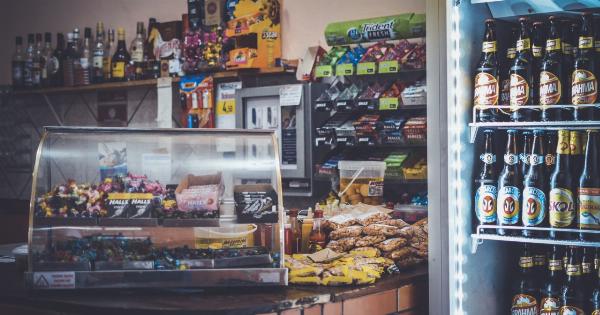Freezing is a convenient way to preserve food and extend its shelf life. It allows you to buy in bulk, save money, and reduce food waste. However, not all foods are suitable for freezing.
Some foods may lose their texture, flavor, or nutritional value when frozen, while others may become unsafe to consume. To help you make the most of your freezer, here’s a guide to what foods you should avoid freezing.
1. Fresh Fruits and Vegetables with High Water Content
Fresh fruits and vegetables with high water content, such as cucumbers, lettuce, radishes, and watermelon, do not freeze well. The freezing process causes the water inside the cells of these foods to expand and rupture the cell walls.
This leads to a mushy texture and a loss of crispness. Instead of freezing these items, consider canning or juicing them for long-term preservation.
2. Dairy Products
Most dairy products, including milk, cream, yogurt, and sour cream, do not freeze well. When frozen, dairy products can become grainy, separate, and lose their creamy texture.
However, hard and semi-hard cheeses, such as cheddar and Parmesan, can be frozen successfully. These cheeses can be grated or sliced before freezing for convenience.
3. Eggs in Their Shells
Do not freeze eggs in their shells. As the liquid inside the egg freezes, it expands and can cause the shell to crack or burst. To freeze eggs, crack them into a container, gently beat them, and store in an airtight container or ice cube trays.
Remember to label the container with the number of eggs and the date.
4. Cooked Pasta and Rice
If you plan to freeze leftover pasta or rice, think again. When frozen, these cooked grains have a tendency to become soft and mushy upon thawing. The texture is not as appetizing as freshly cooked grains.
It’s best to cook only the amount you need or use refrigeration rather than freezing for leftovers.
5. Mayonnaise and Salad Dressings
Mayonnaise and salad dressings that contain mayonnaise do not freeze well. These condiments can separate and become watery when frozen. The ingredients in mayonnaise, such as eggs and oil, do not react well to freezing temperatures.
It’s best to store these items in the refrigerator and only use as needed.
6. Fresh Herbs
Freezing fresh herbs like basil, parsley, and cilantro will cause them to lose their vibrant flavors and turn dark. Instead, consider drying herbs or freezing them in oil or butter for longer storage.
Alternatively, you can chop herbs and freeze them in ice cube trays with a little water, broth, or olive oil for easy portioning.
7. Fried Foods
Fried foods, such as French fries, fried chicken, or tempura, do not retain their crispiness when frozen. The moisture in the freezer can make the breading or coating become soggy and lose its texture.
If you have leftovers, it’s best to reheat them in the oven or air fryer to regain some of their original crispness.
8. Delicate Seafood and Sushi
Delicate seafood, like sushi or sashimi, does not freeze well. The texture and taste of raw fish can significantly change when frozen and thawed.
Additionally, the risk of foodborne illness from consuming raw or partially cooked seafood increases if it has not been stored and handled safely throughout the freezing process.
9. Whole Melons and Citrus Fruits
Freezing whole melons, such as watermelon or cantaloupe, and citrus fruits may seem like a convenient way to enjoy them later, but it’s not recommended.
Freezing these fruits can cause their cells to rupture and release excessive amounts of water, resulting in a mushy and unappetizing texture. It’s better to slice or segment the fruits and freeze them in an airtight container.
10. Sauces Thickened with Cornstarch or Flour
Sauces thickened with cornstarch or flour, such as gravies or cream sauces, may not freeze well as they can become lumpy or separate during freezing and thawing.
If you intend to freeze a sauce, it’s preferable to thicken it after thawing by using a roux or another thickening agent. This will help maintain its consistency and flavor.
Conclusion
Knowing which foods to avoid freezing can help you preserve your food effectively and maintain its quality.
By keeping fresh fruits and vegetables with high water content, dairy products, eggs in their shells, cooked pasta and rice, mayonnaise and salad dressings, fresh herbs, fried foods, delicate seafood, whole melons and citrus fruits, and sauces thickened with cornstarch or flour out of the freezer, you can ensure that your frozen foods retain their taste, texture, and nutritional value.




